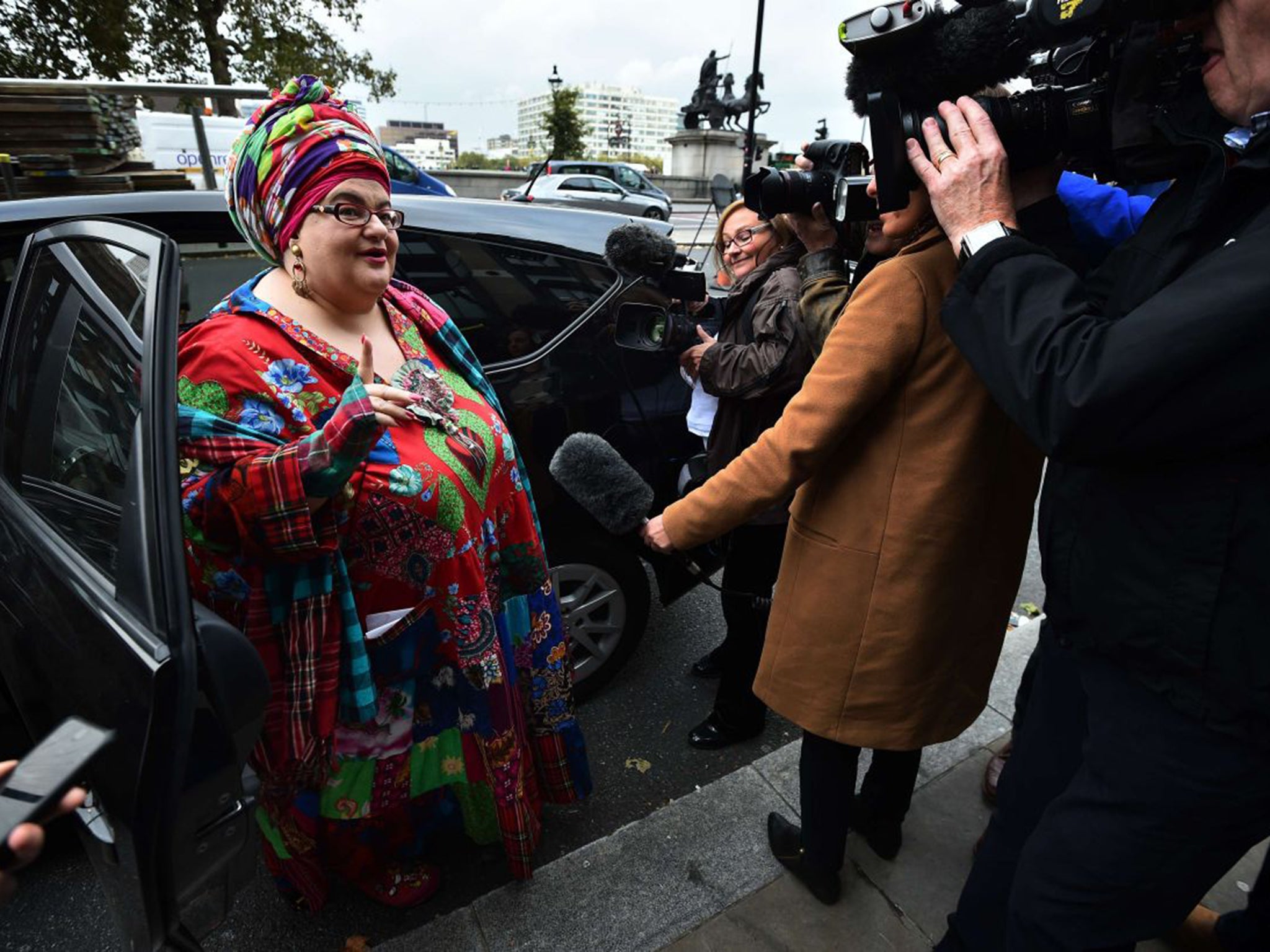The fall of Kids Company exposes the fatal flaw in Cameron's big idea
Kids Company’s failure is the consequence of ideological disdain for the state and a faith in the light regulatory touch


In politics nothing happens by chance. There are always connections: patterns that make sense of the seemingly freakish. What has happened to the once deified Kids Company is no aberration. The fall is rooted in ministerial prejudice and attachment to evidence-free ideology. So let us make the connections.
One of the many myths distorting perceptions of our current politics is that David Cameron has dropped his vision of the “Big Society”, the slogan that shaped the early years of his leadership. Cameron no longer uses the phrase, but the half-baked ideas behind the concept continue to permeate his Government, and explains why Kids Company was given such freedom to make mistakes and handed indiscriminately generous dollops of Government cash.
On one level the Big Society was politically very smart. As one of its architects told me at the time, it was an attempt to “reheat Thatcherism” while appearing to move on from Margaret Thatcher’s ideological grip on her party. The astute but contorted positioning was best summarised by Cameron’s very first speech as the new Conservative leader in December 2005, in which he declared “there is such a thing as society, but it is not the same as the state”.
In implying distance from Thatcher, who had once asserted there was no such thing as society, Cameron was making precisely the same argument as she had done. Thatcher argued from the late 1970s onwards that charities could do a better job than the stifling state in delivering local services, being more flexible and innovative.
Having spoken often to those involved in re-projecting the Conservative message after Cameron became leader, I have no doubt of the sincerity of their mission. The likes of Oliver Letwin – still highly influential – and Cameron’s friend and former advisor, Steve Hilton, enthused about the way in which public services could be improved. Unlike some small state ideologues, they cared about outcomes, improved delivery of public services, and were thoughtful in discussions.
But, even in opposition, the concept was a mess and not properly thought through. In long discussions, I asked Letwin, Hilton and indeed Cameron who or what would hold these new service providers to account. They could never answer questions about accountability. They were terrific in their enthusiasm for innovation, but the more tedious issues of the framework in which this would work interested them less.
At one point, before the 2010 election, one senior Tory told me then that he had hit upon an answer to my questions about accountability. In the end, they said, accountability was not important. “A thousand flowers would bloom.” There would be some weeds, too – but we would celebrate the flowers.

But the flowers were not given much of a chance either. As part of the incoherence of the policy, there was no promise of overall additional funding to charities. Once in power, Government budgets were cut. In managing to extract extra money from the Government, Kids Company was an exception. Charities are the victim of another evidence-free ministerial prejudice. A lot of current ministers – especially those that have never served in departments responsible for delivery – believe that public services improve when their spending is cut. Part of the frustration other charities have with Kids Company is that, while they struggled with less generous funding, ministers continued to sign the cheques for this particular high-profile organisation – a symbol of the Big Society in action.
Now we have the consequence of ideological disdain for the state and a faith in the light regulatory touch. This week’s report from the Public Administration Committee, chaired by the Conservative MP, Bernard Jenkin, is forensically damning. It reports “an extraordinary catalogue of failures... at every level”.
The committee notes that the charity struggled with its finances while favourite clients enjoyed extravagant support. The committee is scathing about how political pressure seemed to override concerns about whether spending on Kids Company represented a good use of more than £40m.
As a matter of ideological inclination, ministers allowed the charity to float freely with calamitous consequences. The chair of the trustees, Alan Yentob, comes from the cosy structure of the BBC, wholly unsuitable preparation for keeping a beady eye on how money is being spent. The charisma of Camila Batmanghelidjh beguiled ministers, aching to show that she and others like her were the future, rather than dreary councillor-quango leaders. I do not blame Batmanghelidjh or Yentob. They were victims of the culture that assumes flowers will bloom if there are no constraints.
Kids Company as a whole was not supervised by Ofsted, the Care Quality Commission nor local government. “There is... a strong case for regulation of charities who have responsibilities for children or vulnerable adults”, the MPs recommend.
Perhaps most local government leaders are drearier than Batmanghelidjh, but at least their lines of accountability are fairly clear: they must stand for election. There are still very big issues about efficiency, bureaucracy and innovation in the delivery of public services by bodies more accountable than Kids Company. Every halfpenny of public money should be accounted for, over-management of institutions with guaranteed incomes must be addressed and innovation should be encouraged. These are big challenges.
Instead of seeking to meet them, Cameron’s ideological entourage sought to allow a charity with a highly sensitive remit to do more or less what it wanted.
There is such a thing as a Big Society, but it involves the state and is not the same as allowing one generously funded, lightly regulated charity to do what it wants. What happened to Kids Company is no accident. Never lose sight of the connections.
Join our commenting forum
Join thought-provoking conversations, follow other Independent readers and see their replies
Comments
Bookmark popover
Removed from bookmarks